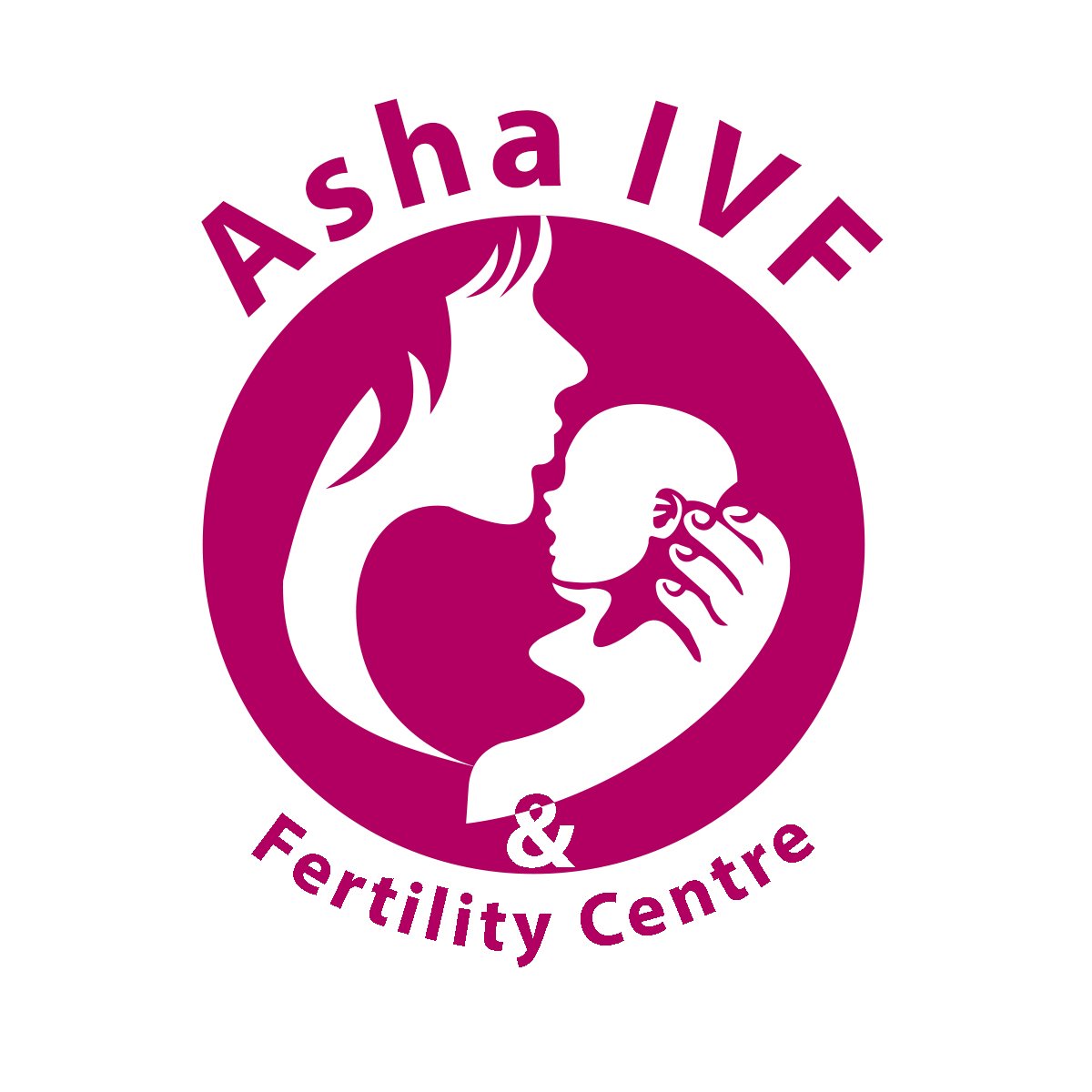Infertility can be a challenging journey for many couples. While numerous factors influence fertility, stress is a significant yet often overlooked component. Understanding how stress impacts In Vitro Fertilization (IVF) and discovering ways to manage it can play a crucial role in improving the chances of successful conception.
How Stress Affects Fertility
- Hormonal Imbalance
- Stress triggers the release of cortisol and adrenaline, which can disrupt the balance of reproductive hormones. Elevated stress hormones can interfere with the body’s natural reproductive cycle, affecting ovulation and sperm production.
- Impact on IVF Success Rates
- Studies indicate that high-stress levels can lower IVF success rates. Stress may affect the uterine environment, making it less receptive to embryo implantation. It can also influence the quality of eggs and sperm, reducing the chances of successful fertilization.
- Behavioral and Lifestyle Changes
- Stress often leads to unhealthy lifestyle choices such as poor diet, lack of exercise, and inadequate sleep. These factors further diminish fertility by affecting overall health and well-being.
- Psychological Burden
- The emotional toll of stress can lead to anxiety and depression, creating a vicious cycle. Negative emotions can reduce the motivation to adhere to treatment protocols and self-care practices essential for IVF success.
Ways to Reduce Stress During IVF
- Mindfulness and Meditation
- Practicing mindfulness and meditation can significantly reduce stress levels. Techniques such as deep breathing, progressive muscle relaxation, and guided imagery can help calm the mind and body.
- Regular Exercise
- Engaging in moderate physical activity, such as walking, yoga, or swimming, can improve mood and reduce stress. Exercise releases endorphins, which are natural stress relievers.
- Healthy Diet
- Consuming a balanced diet rich in fruits, vegetables, whole grains, and lean proteins can support overall health and fertility. Avoiding caffeine, alcohol, and processed foods can also help maintain hormonal balance.
- Adequate Sleep
- Ensuring sufficient sleep is vital for stress management. Aim for 7-9 hours of quality sleep each night to allow the body to repair and rejuvenate.
- Support System
- Building a strong support network of family, friends, or support groups can provide emotional relief. Sharing experiences and feelings with others who understand can reduce feelings of isolation and stress.
- Counseling and Therapy
- Seeking professional help from a counselor or therapist specializing in fertility issues can be beneficial. Cognitive-behavioral therapy (CBT) and other therapeutic approaches can provide strategies to manage stress and anxiety effectively.
- Acupuncture
- Some studies suggest that acupuncture may help reduce stress and improve fertility outcomes by promoting relaxation and enhancing blood flow to reproductive organs.
- Hobbies and Leisure Activities
- Engaging in hobbies and activities that bring joy and relaxation can be an excellent way to alleviate stress. Whether reading, gardening, painting, or listening to music, taking time for enjoyable activities can enhance overall well-being.
Conclusion
The journey through IVF can be emotionally taxing, but understanding the impact of stress on fertility is crucial. Couples can improve their chances of a successful IVF outcome by adopting effective stress management techniques. Remember, taking care of mental and emotional health is just as important as physical health in pursuing parenthood.
Incorporating stress reduction strategies into daily life can make a significant difference for those embarking on the IVF journey. Embrace mindfulness, maintain a healthy lifestyle, seek support, and engage in joyful and relaxed activities. A balanced approach can make the path to fertility more manageable and hopeful.

